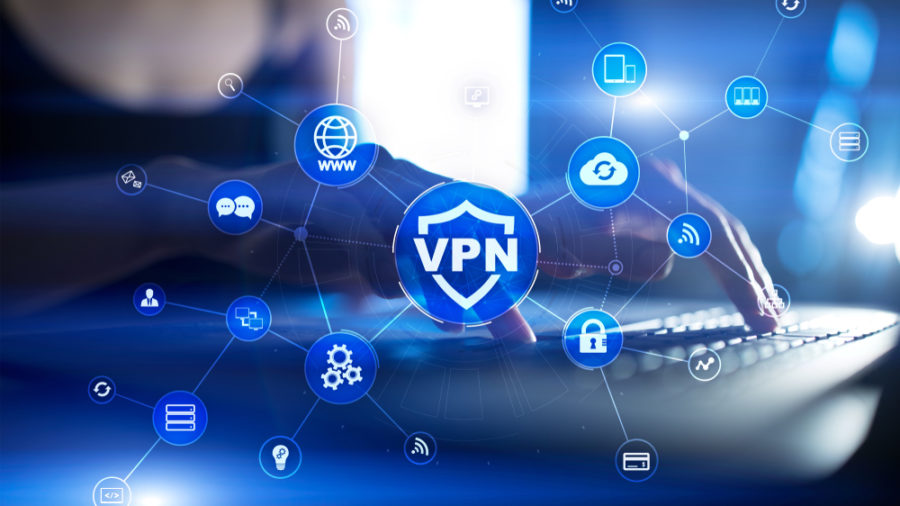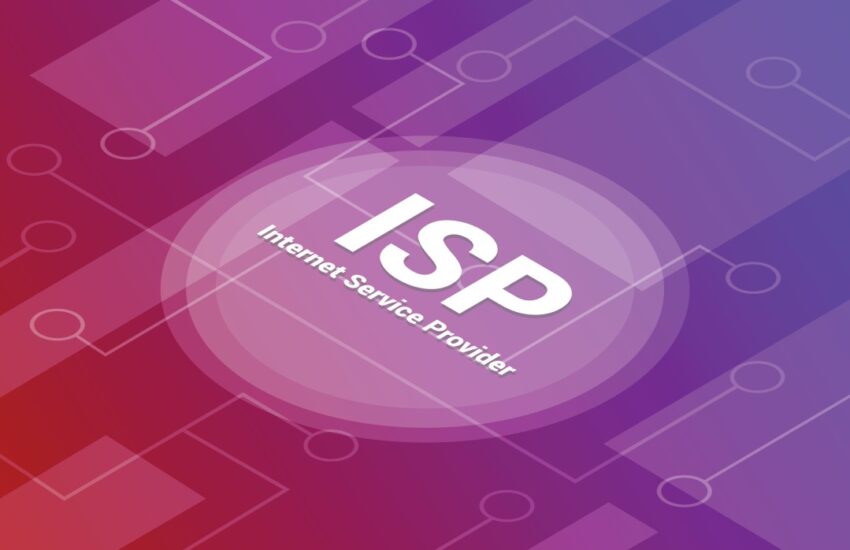The Power of Anonymity: How VPNs Safeguard Your Privacy on the Go
Have you ever felt like Big Brother is watching your every move online? With the rise of data breaches and government surveillance, it’s no wonder that privacy concerns are at an all-time high. But before you swear off technology altogether, there’s a simple solution: virtual private networks (VPNs). These powerful tools give you the power of anonymity while browsing the web on-the-go.
As our digital footprint expands, maintaining internet privacy becomes increasingly challenging. This challenge amplifies when you’re on the move and relying on various public networks to stay connected. This article explores the power of Virtual Private Networks (VPNs) in preserving your privacy while you’re on the go.
Understanding VPNs
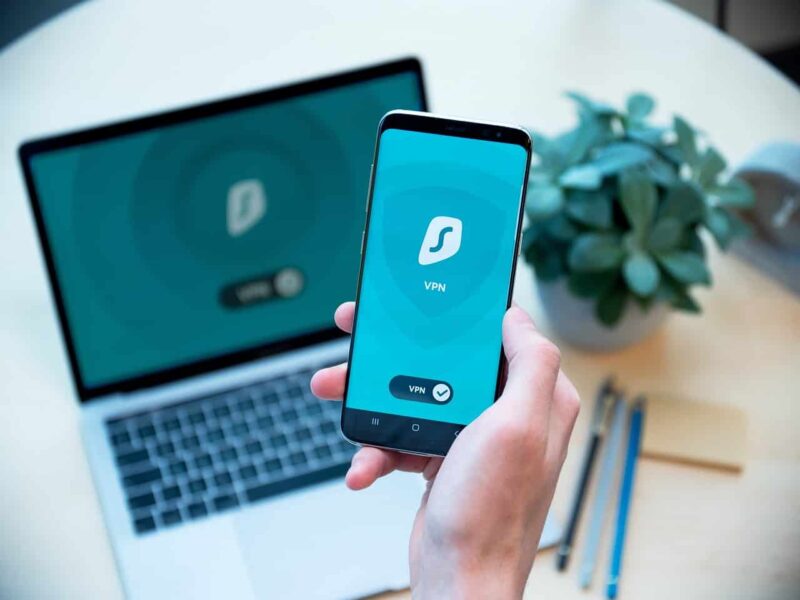
A VPN, likened to an impregnable fortress for your data, creates a secure encrypted tunnel, shielding your internet connection from prying eyes. It acts as a guardian, ensuring the confidentiality and integrity of the data you transmit and receive online.
Just like a secret underground passage, when you connect to a virtual private network, your internet traffic takes a detour through a secure server. This clever diversion disguises your true origin, making it seem as though your connection emerges from the server’s location. It’s as if you’ve donned an invisibility cloak, obscuring your real IP address and rendering your online activities elusive to trackers, bolstering your privacy and preserving your anonymity.
Privacy Risks on the Go
Venturing into the vast expanse of the internet while on the move, particularly through public Wi-Fi networks, can expose your data to a treacherous landscape of privacy risks. Unencrypted networks resemble bustling marketplaces, teeming with cybercriminals lurking in the shadows. These nefarious individuals can eavesdrop on your conversations, intercept your data, or surreptitiously inject malicious code into your device.
Enter the sinister “Man-in-the-Middle” attacks, a cunning technique employed by assailants to clandestinely intercept and potentially manipulate your communication without your slightest inkling. It’s akin to a stealthy pickpocket silently pilfering your information, leaving you none the wiser until it’s too late. The aftermath of such interception can range from the theft of your identity to devastating financial losses, leaving you vulnerable and exposed.
How VPNs Protect Privacy
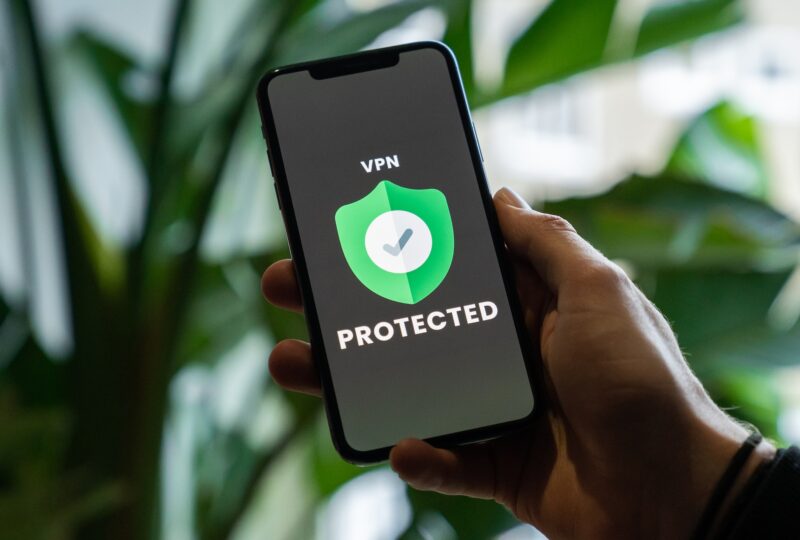
VPNs stand as stalwart protectors of your privacy, employing a formidable arsenal of safeguards. At the forefront, they wield the power of encryption, transforming your data into an enigmatic code that only authorized recipients can decipher. It’s akin to sealing your information in an impenetrable vault, impervious to the prying eyes of would-be snoopers. Even if intercepted, your sensitive data remains shrouded, safeguarding your secrets.
But that’s not all. They assume the guise of digital chameleons, masking your true identity by replacing your actual IP address with one from their server. It’s like assuming a new persona, leaving trackers and digital bloodhounds bewildered as they pursue a phantom. This camouflage fortifies your privacy, thwarting the relentless tracking endeavors of advertisers, internet service providers (ISPs), or potential attackers. With each virtual step, you remain a cipher, an enigma they struggle to decipher.
In this vast digital realm where privacy is a precious commodity, VPNs stand as steadfast guardians of your personal information. They create a sanctuary where your data traverses hidden pathways, shielded from prying eyes. So, embrace the power of anonymity, empower yourself with a Husky VPN, and venture forth into the digital realm with confidence, knowing that your privacy is fortified and your secrets remain yours alone.
Benefits of Using VPNs
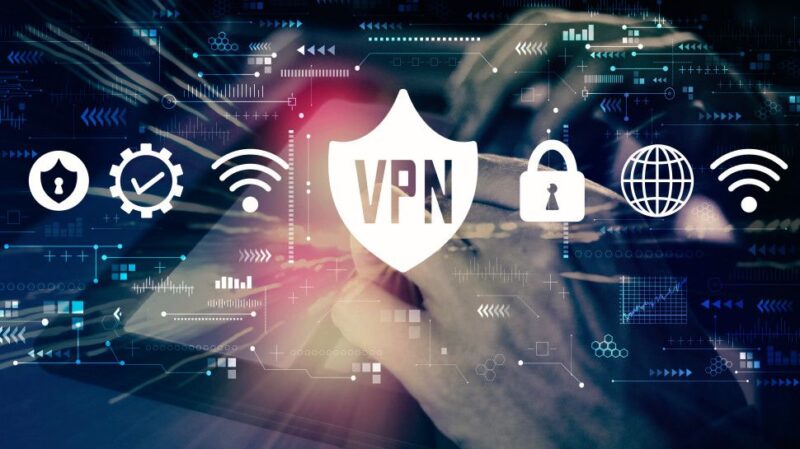
Beyond privacy protection, VPNs offer several other benefits. Secure browsing becomes possible even on public Wi-Fi networks, reducing the risk of data breaches. You can access geo-restricted content as your IP address reflects the server location, not your actual location. Furthermore, VPNs provide protection against internet censorship, making it an essential tool for maintaining digital freedom.
Encryption and Data Security
VPN services use robust encryption protocols to secure data transmission over the internet. Protocols like OpenVPN, IKEv2/IPSec, and WireGuard are commonly used, each offering varying degrees of security and speed. The encryption level determines how difficult your data is to decrypt if intercepted, thereby influencing your privacy and security levels.
Choosing a Reliable VPN Service
Selecting a reputable VPN service is crucial. Important factors to consider include the VPN’s server locations, connection speed, and ease of use. Additionally, the VPN’s logging policy is critical as it dictates what data the service provider can retain about your usage. Opt for a provider that maintains a strict no-logs policy.
Setting Up and Configuring a VPN
Setting up a VPN involves downloading the VPN software, installing it on your device, and configuring it based on your needs. You can choose from a list of servers, usually spread across multiple countries, based on what best suits your requirements. A good VPN service should provide easy-to-follow setup guides and customer support to assist users.
VPNs and Mobile Devices
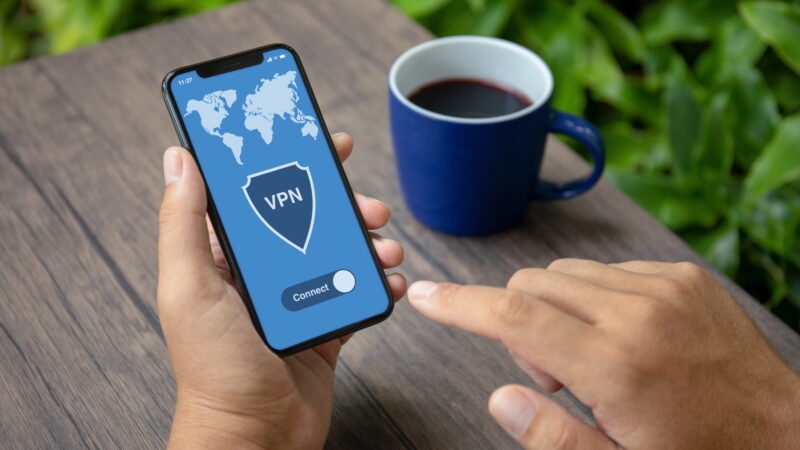
Just like laptops and desktops, mobile devices also need the security of a VPN, especially when connected to public networks. The risks associated with transmitting sensitive data over unsecured networks are equally, if not more, significant on mobile devices due to the frequency of their use.
VPNs and Online Banking/Shopping
Using a VPN is especially beneficial when conducting online banking or shopping. It ensures that your financial details, such as credit card numbers and bank account details, are encrypted and safe from data thieves. Virtual private networks provide an extra layer of security, thereby safeguarding your hard-earned money.
VPNs and Traveling Abroad
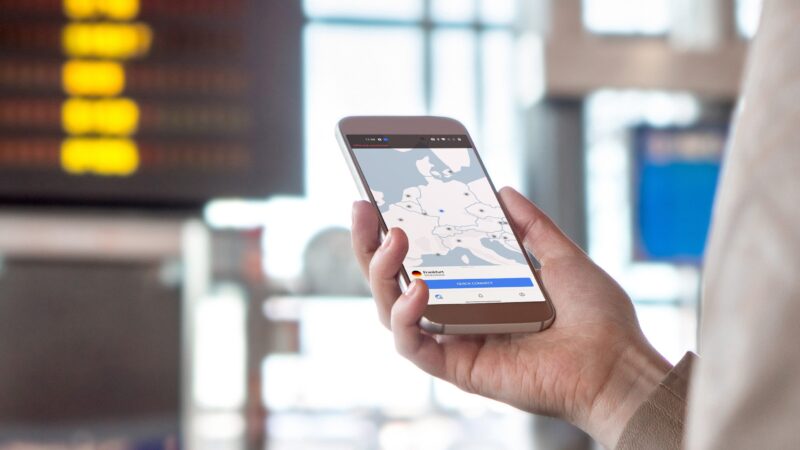
For the frequent traveler, VPNs are a godsend. They allow you to bypass geo-restrictions, ensuring you can access your favorite content even in countries where it’s unavailable. In addition, they offer an additional security layer, particularly useful when connecting to unfamiliar foreign networks.
Conclusion
With the advancement of technology, it has become increasingly difficult to protect our online privacy. Fortunately, VPNs provide us with a powerful tool for doing so. By masking our IP address and encrypting all of our data, we can ensure that no one is able to track or access sensitive information about us while browsing the internet. As well as providing anonymity on the web, they also allow us to access content from around the world that may otherwise be blocked in our own country due to restrictions. Overall, if you want to safeguard your privacy on the go then a VPN is an invaluable asset to have at your disposal.

